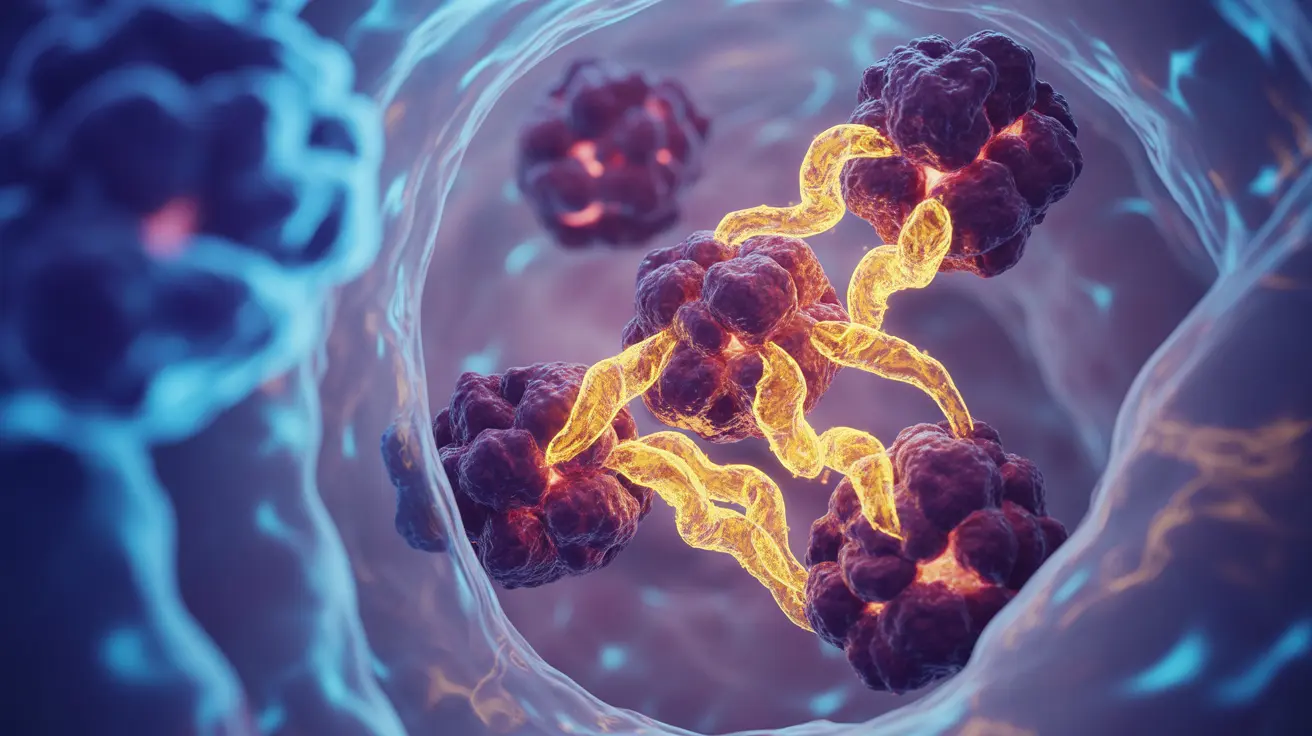Preventive chemotherapy, also known as adjuvant chemotherapy, is a critical treatment approach used after primary cancer treatment to reduce the risk of cancer recurrence. This proactive strategy helps eliminate any potentially remaining cancer cells that may be undetectable through standard testing methods.
For many cancer survivors, this additional line of defense can significantly improve long-term outcomes and provide greater peace of mind during recovery. Understanding how preventive chemotherapy works and when it's recommended can help patients make informed decisions about their treatment journey.
How Preventive Chemotherapy Works
Preventive chemotherapy operates on a simple but powerful principle: targeting and destroying any microscopic cancer cells that might have escaped initial treatment. These medications circulate throughout the body, reaching areas where cancer cells could potentially hide.
Unlike primary chemotherapy, which targets visible tumors, preventive treatment focuses on eliminating isolated cancer cells before they have the chance to grow into new tumors. This systematic approach helps reduce the risk of cancer returning in the original location or spreading to other parts of the body.
Common Cancer Types Requiring Preventive Chemotherapy
Several types of cancer commonly benefit from preventive chemotherapy treatment:
- Breast cancer
- Colon cancer
- Lung cancer
- Ovarian cancer
- Pancreatic cancer
The decision to use preventive chemotherapy often depends on specific cancer characteristics, including stage, grade, and molecular features of the tumor.
Determining the Need for Preventive Treatment
Healthcare providers consider multiple factors when recommending preventive chemotherapy:
- Cancer type and stage
- Tumor characteristics
- Genetic markers
- Patient's overall health
- Risk factors for recurrence
- Previous treatment response
This personalized approach ensures that patients receive the most appropriate preventive care based on their specific situation.
Managing Side Effects and Recovery
While preventive chemotherapy can be highly effective, it may cause various side effects that require careful management:
- Fatigue
- Nausea and vomiting
- Decreased blood cell counts
- Hair loss
- Weakened immune system
Working closely with healthcare providers to develop a comprehensive support plan can help minimize these effects and maintain quality of life during treatment.
Infection Prevention and Safety Measures
During preventive chemotherapy, maintaining proper infection prevention practices is crucial:
- Regular hand washing
- Avoiding crowds during peak treatment periods
- Maintaining good nutrition
- Getting adequate rest
- Following medication schedules precisely
- Regular monitoring of blood counts
Frequently Asked Questions
What is preventive chemotherapy and why is it used after primary cancer treatment? Preventive chemotherapy is a treatment strategy used after initial cancer treatment to eliminate any remaining cancer cells and reduce the risk of recurrence. It acts as an additional safety measure to help ensure long-term cancer-free survival.
Which types of cancer are commonly treated with preventive (adjuvant) chemotherapy? Breast cancer, colon cancer, lung cancer, ovarian cancer, and pancreatic cancer are commonly treated with preventive chemotherapy. The decision depends on specific cancer characteristics and risk factors.
What are the potential side effects and risks associated with preventive chemotherapy? Common side effects include fatigue, nausea, decreased blood cell counts, hair loss, and weakened immune system. These effects are typically temporary and manageable with proper medical support.
How do doctors decide if preventive chemotherapy is recommended for a cancer patient? Doctors consider factors such as cancer type, stage, tumor characteristics, genetic markers, overall health, and risk factors for recurrence when determining if preventive chemotherapy is appropriate.
What precautions should patients take during and after preventive chemotherapy to reduce infection risk? Patients should practice regular hand washing, avoid crowds, maintain good nutrition, get adequate rest, follow medication schedules, and undergo regular blood count monitoring to reduce infection risk.




